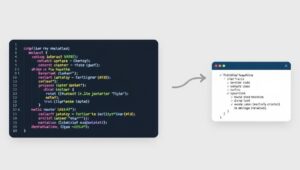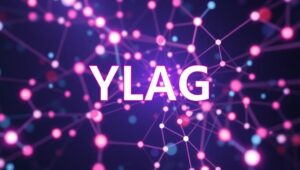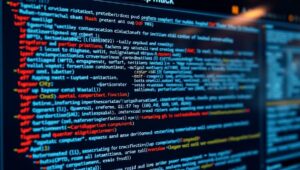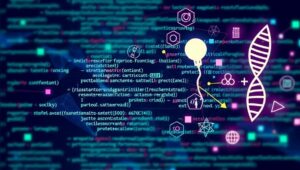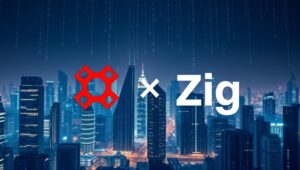May 19, 2025
Platform Engineering: Building Internal Developer Platforms (2025 Boom)
Platform Engineering: Building Internal Developer Platforms (2025 Boom) Platform engineering is rapidly gaining traction as a critical discipline within software development. It focuses on creating and maintaining internal developer platforms (IDPs) that streamline the software development lifecycle. In this post, we’ll explore the rise of platform engineering and the increasing importance of IDPs. What is Platform Engineering? Platform engineering is the discipline of designing and building toolchains and workflows that reduce the cognitive load on developers. By providing self-service capabilities and automation, platform engineering teams enable developers to focus on writing code and delivering value, rather than wrestling with infrastructure



